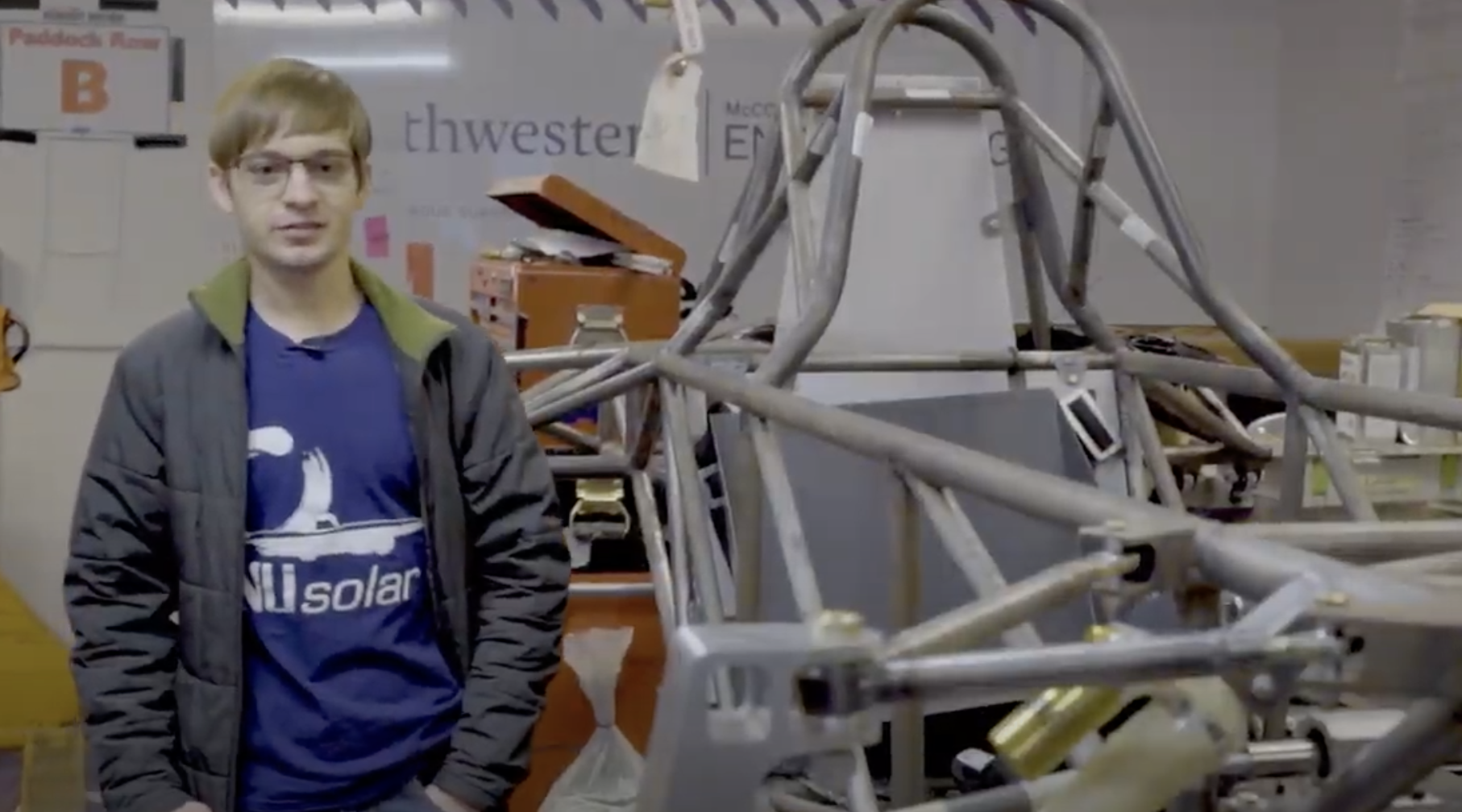Engineering — A Broad Spectrum
Engineering involves the application of scientific and mathematical principles for designing, building, and improving structures, systems, processes, and devices.
A Day in the Life
Engineers are master designers and problem solvers. They employ their expertise to create, design, test, and build practical solutions to various challenges faced by individuals, communities, and industries.
Common Misconceptions
- Engineers must love math.
- Engineers work in isolation and are poor communicators.
- Engineering is only for men, not women.
- Engineering is all about sitting at a desk all day and doing designs, calculations, and blueprints.
- Engineering means spending all day in cluttered spaces tinkering and building stuff.
- Engineers are not creative.
- Engineering work is very specialized and requires years of postgraduate study.
Education Requirements
Many engineers learn a lot of what they know on the job, in the context of specialized applications. The truth is that undergraduate degrees — even some associate degrees — may qualify you for many well-paid entry-level jobs that serve as stepping stones to better jobs.
Branches of Engineering
Engineering comprises several branches that all play essential roles in engineering designs, solutions, and innovations.
Civil Engineers
Civil engineers design and construct infrastructure projects many of us use every day — like buildings, bridges, roads, and water supply systems. They ensure the structural integrity and functionality of these projects, while also making sure safety is maximized.
Mechanical Engineers
Mechanical engineers deal with the design and development of mechanical systems and devices. They are the wizards behind modern and ever-evolving mechanical marvels, such as engines that propel automobiles or aircraft, infinite varieties of manufacturing equipment, and even robotics.
Computer Engineers
Computer engineers develop technologies that greatly enhance our quality of life. They also bolster economic growth by designing efficient manufacturing processes and infrastructure that increase productivity and reduce costs.
Environmental Sustainability
In today’s age, where environmental sustainability poses a growing concern, engineers also address the pressing issues of renewable energy development and sustainable living. Last but definitely not least, they are crucial in ensuring the safety of important structures and buildings we inhabit and are tasked with expertly mitigating risks to maximize safety.
Conclusion
Engineering is a career path that has been around since time immemorial, and it involves the application of scientific and mathematical principles for designing, building, and improving structures, systems, processes, and devices. Engineers are master designers and problem solvers who employ their expertise to create, design, test, and build practical solutions to various challenges faced by individuals, communities, and industries.







